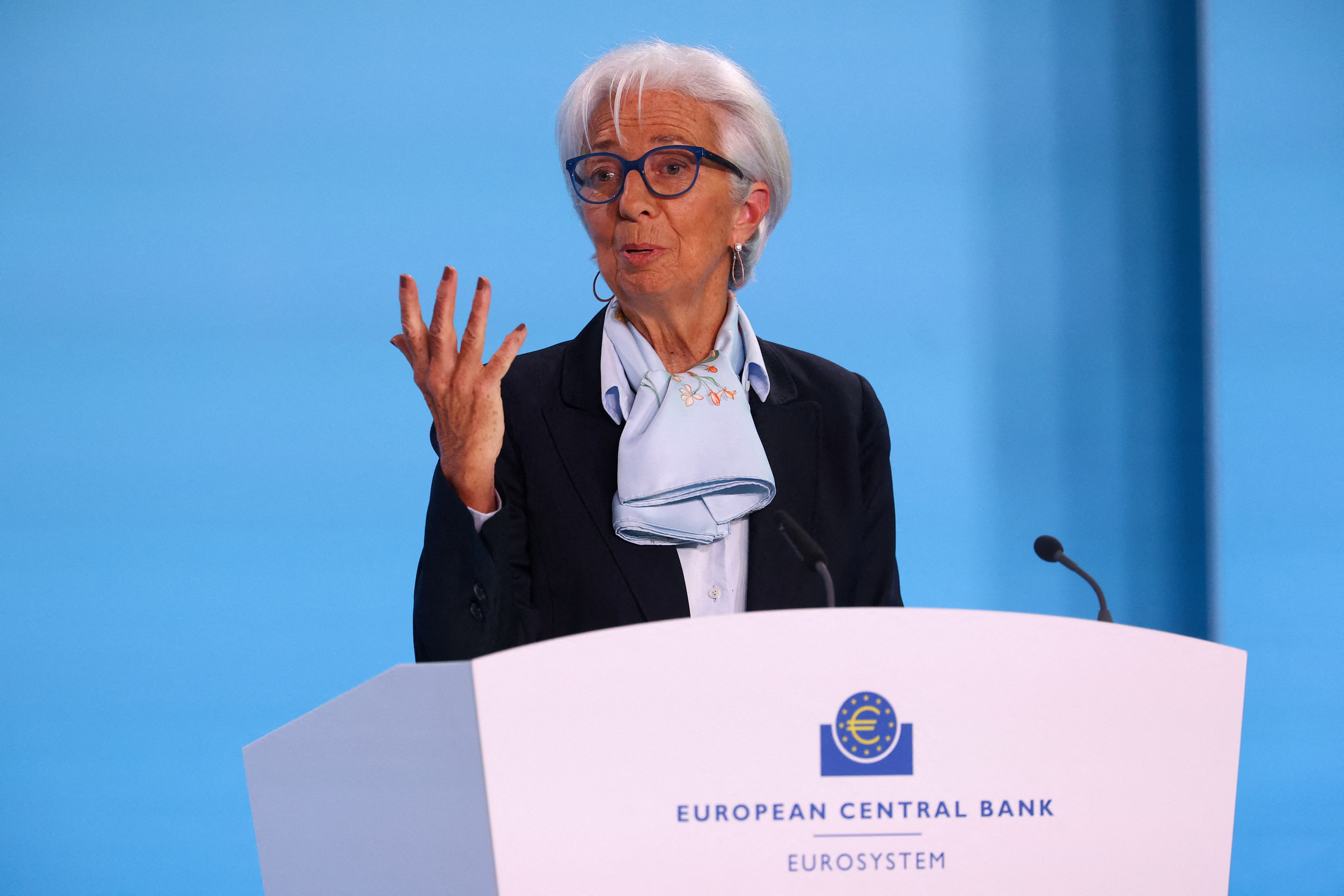Peter Roessner, CEO of Luxembourg-based hydrogen company H2Apex, is experiencing the two-sided impact of former US President Donald Trump's trade policies. He's abandoned US suppliers for his 200 million euro (235 million USD) project in Lubmin, Germany.
However, he's also seeing increased investor interest in European projects. "Hydrogen investors are focusing more on the European market due to the uncertainty and planning difficulties in the US," he said.
Other European companies are also noticing the increased attention. Germany's Siemens Energy has seen its share price increase by 84% this year. Chief Financial Officer Maria Ferraro confirmed a shift in sentiment after recent meetings with US investors.
In late June, Amrize, spun off from Holcim's North American business, had a lackluster debut. In early 2024, Amrize was touted amidst high US valuations. Now, Holcim's stock price, focused on Europe, Latin America, and North Africa, is benefiting, up 15%.
Reuters, after interviewing over 10 executives and fund managers, reports a recent trend of capital shifting from the US to Europe. Europe's large infrastructure and defense spending packages are attracting interest, offering stability.
Meanwhile, Trump's unpredictable trade policies make the US market less secure. "The framework conditions in Europe aren't ideal, but they are stable," Roessner said.
 |
European Central Bank President Christine Lagarde speaks in Frankfurt, Germany. Photo: Reuters |
European Central Bank President Christine Lagarde speaks in Frankfurt, Germany. Photo: Reuters
Data from LSEG's Lipper Funds shows over 100 billion USD has flowed into European equity funds this year, triple the amount from the same period last year. Conversely, outflows from the US market have doubled to nearly 87 billion USD.
"All of that goes to show that investors, the people who actually move the money around, are seeing value and putting their trust in Europe," European Central Bank (ECB) President Christine Lagarde said in early June.
In Germany, the region's economic powerhouse, data from the Bundesbank shows foreign direct investment (FDI) has more than doubled, reaching 46 billion euros in the first 4 months of the year, the highest since 2022. Concurrently, German corporate investment in the US was negative 2.38 billion euros in the same period, indicating more divestment than investment.
Experts suggest Trump's strategies are driving capital from the US to Europe. His sweeping tariff announcements, often followed by postponements or changes, and executive orders raise doubts about presidential power.
Christoph Witzke, Head of the CIO Office at Deka, one of Germany's largest investment funds, noted the US was once a friendly and stable capital market. Now, Europe is the focus at recent investment conferences, as the world's largest economy grapples with political interference and an expansion of White House power. "This creates uncertainty because of the potential for intervention at any time," he said.
The influx of capital benefits the European Union's economic recovery and efforts to close the competitive gap with other regions, especially China and the US.
However, experts caution that the picture isn't entirely rosy. Some investors urge Europe to act faster, improve its legal framework, and fully implement its spending commitments. Stefan Wintels, Director of KfW Bank (Germany), warns the positive sentiment could quickly reverse.
"This is not just a warning, but also motivation for Europe to seize the current opportunity and decisively implement its plans," he said. Hajo Kroesche, an expert at the private equity fund Altor (Sweden), agreed: "the window of opportunity for Europe to attract capital won't stay open forever."
Fresh from trips to Qatar, Abu Dhabi, and Saudi Arabia, Deutsche Bank CEO Christian Sewing said investors are showing significant interest in Europe and Germany. However, he stressed the need for long-term stability. "Investors won't invest after just two days. They're clearly observing what's happening in the world right now," he said.
Phien An (Reuters)












